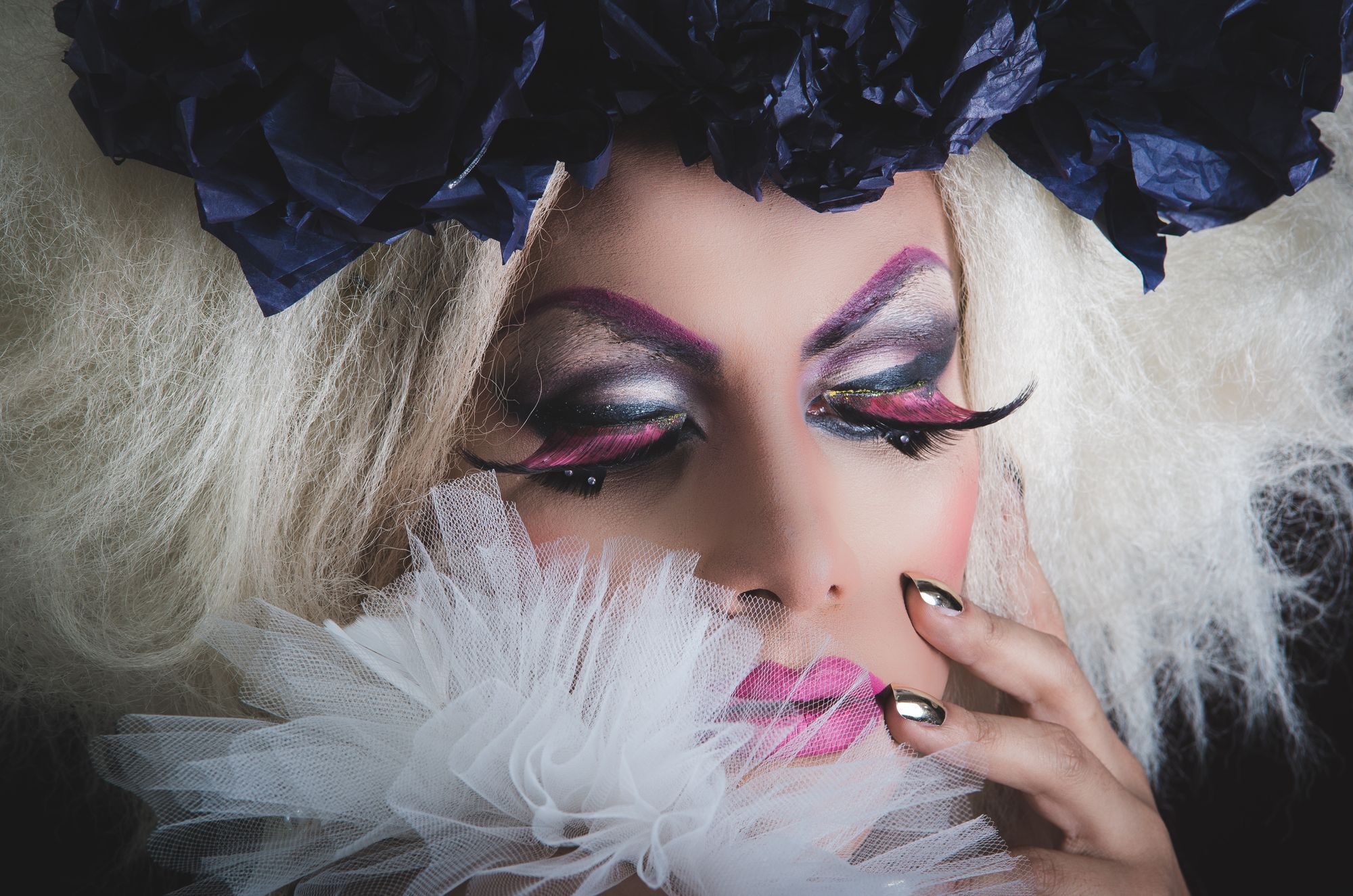Drag Queens and Confidence

Ever heard the phrase “Fake it till you make it”? That’s a 12-step concept, and we think it is a good one. Let’s look closely at that advice and see how it applies to anybody who has been battling a negative habit or addiction. Two important overlapping conditions people have in that predicament are (1) real doubts about whether they can ever shake the habit, and (2) a low opinion of themselves. “Fake it till you make it” means that you are supposed to pretend that you are confident until you actually become confident. Delusional? Crazy, impossible advice? Nope.
There’s a ton of research showing that confidence plays a real role in success. There are a lot of life lessons that point to the same conclusion. Listen to a coach motivating his/her team. Look at the big fees spent by companies to bring in motivational speakers for their sales staff. They all do the same three things: (1) They remind their audience of the skills they already possess (or they teach those skills); (2) they promote the idea that people with those skills hold the key to success and are winners/high performers/successful athletes, salespeople; (3) they get folks to think of the next sale, the next play, the next game, bringing that confidence forward, rather than recalling any failures they have made.
Now think about the warning not to dwell on past failure. “I’ll never be able to live without my addiction/negative habit. I’ve tried and tried and can’t stop. It’s too much for me. I’m just the kind of person who will never get this right.” How do you think thoughts like that influence your behavior the next time you face an urge or a trigger event?
So it makes sense to fake it till you make it, but how is that actually done? The best and most creative advice I’ve ever seen to accomplish that, believe it or not, comes from a drag queen! Jackie Huba (with psychotherapist Shelly Stewart Kronbergs) have recently written a book, Fiercely You,* about drag queens and their exotic culture. While exploring this world, and in Jackie’s case, actually doing drag, the authors realized the enormous amounts of self-confidence and “attitude” it takes to be a drag queen. It isn’t just covering (or uncovering) yourself in an outrageous costume, it’s wrapping yourself in an entire persona in order to radiate supreme assuredness, fearlessness, and unabashed confidence in oneself.
That’s not a brand-new concept. Method acting, that is, getting “into character” has been known for a long time. But in doing so, an entire host of changes happen quite quickly, almost instinctively, because we already have concepts of how other people think and feel. Changing a wardrobe to “dress for success” has been known for a long time as well. But Huba and Kronbergs do a wonderful job taking the drag queen “essence” to show us just how a new persona rapidly leads to dramatically new ways of behaving and feeling.
There are lots of examples in the book of people who have used the idea of “persona” to make major changes in their lives. Here’s a quote from Lady Gaga: “When I wake up in the morning, I feel like any other insecure twenty-four-year-old girl. Then I say, “Bitch, you’re Lady Gaga. You better fucking get up and walk the walk today.”
These authors say there are five things to do to build a persona that can help you dump low self esteem. They don’t discuss addictions, but everything they say makes sense, especially if you think you’d benefit from having a persona of somebody who no longer needs or wants his/her bad habit.
- Consciously create the person you’ve always wanted to be.
- Dress for power.
- Change your posture to take on power poses so that you use your physicality to instill inner confidence.
- Tell your critics to “sashay away.” Quiet both inner and outer critics.
- "Werk!" Take small risks frequently to make more and more positive changes.
Just imagine yourself assuming a persona where you naturally conquered your addiction or bad habit. You wouldn’t think of using that silly activity anymore. That used to be you, but no more. You dress more confidently, even with a bit of bling here and there. You stand tall, you look people in the eye, you are confident and secure. You don’t really have to have an over-the-top drag queen persona, just one that gives you back what the habit has stolen.
*Huba, Jackie (with Shelly Stewart Kronbergs), Fiercely You: Be Fabulous and Confident by Thinking Like a Drag Queen, Berret-Koehler Publishers, Inc., Oakland, CA, 2016.
